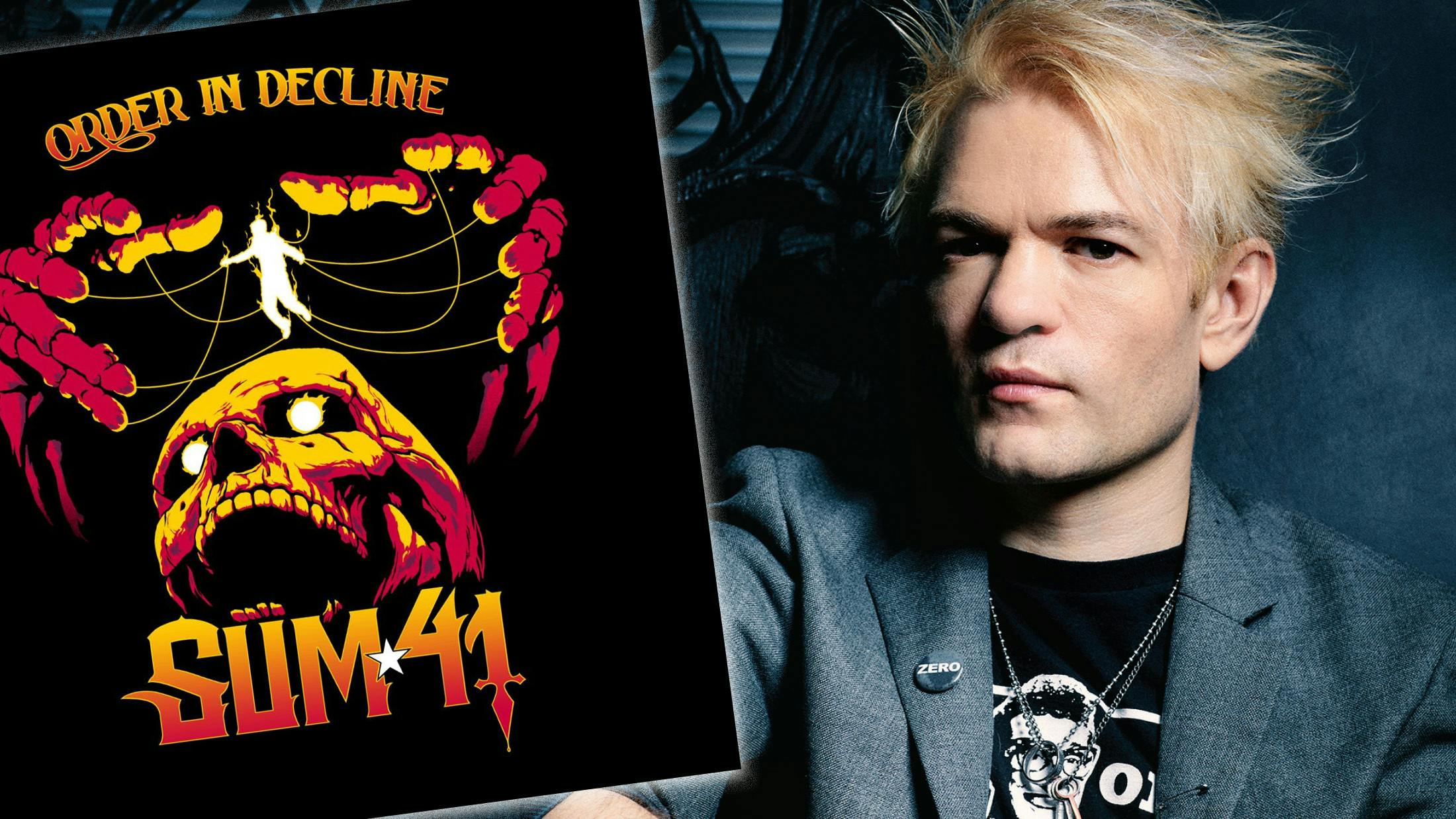“Some people might get the reference, and maybe it's more obvious in the U.S. for people who don't want to say his name or call him the president. So those people call him 45. This was an early song, when I realised this asshole was taking over my music. And I tried to change the words to go somewhere else with it, but I had nothing and it didn't make any sense any other way. It was just bad, so I let it come out. I remember during the election, I was going out to restaurants with my wife and you would hear some tables close by all of a sudden kind of get a little heated in their discussions, and you’d realise they were talking about Hillary and Trump. That’s how I realised how many Trump supporters there were. And the conversations were very racist. I was like, ‘Jesus, in LA?’ I was really surprised. I've also come to realise though, that the racism of it is not everybody. But there's certain people who are that support him. But then there's also people who are liberal, who are benefiting somehow, from what he's doing. I just don't play into his division. I think that's one of the worst traits of him as a leader. He likes this division. And he likes bringing it around the world too. I would hope that the fan base would understand where I'm coming from with this. I'm not against people who vote for him, I understand that whole thing. He's just not my kind of guy.”
